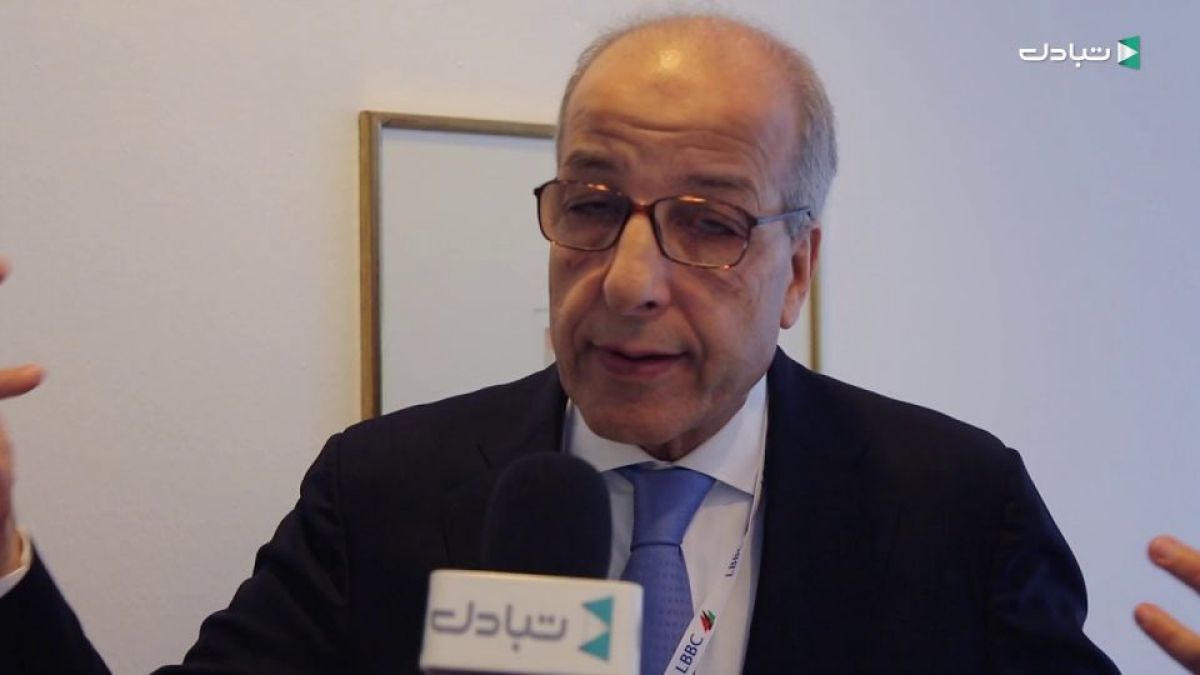The Governor of the Central Bank of Libya, Sadiq Kabir, confirmed that the bank allocated funds for the medical supply just before issuing 2020 financial arrangements, indicating that the bank carried out fuel supply demands on time taking the public interest into account.
In correspondence addressed to Fayez Al Sarraj, Sadiq Kabir pointed out that, according to the payroll and promissory notes transmitted to the CBL from the Ministry of Finance, he began implementing the order to pay all public employees’ salaries for the months of January, February and March.
In the correspondence, Al Kabir said that the bank is involved in achieving the financial sustainability of the country through meeting the foreign exchange demand under the current circumstances; the blockade of major Libyan oil ports, the blockade of oil production and exports, as well as the collapse of oil prices in the international markets.
He also clarified that, during a meeting, the crisis committee agreed to increase the fees imposed on the foreign currency transactions, so that the foreign exchange selling system will be opened immediately. However, this decision was not issued.
This correspondence came as a response to a letter he received from the Chairman of the Presidential Council, Fayez Al Sarraj, in which has called on Al Kabir to pay all public employees’ salaries, to open line of credit for food and medical commodities, as well as for supplying raw materials for key industries.
Moreover, Al Sarraj noted that it is necessary to take urgent measures to implement the 2020 financial arrangements and to disburse the amount allocated for the contingency provisions.





